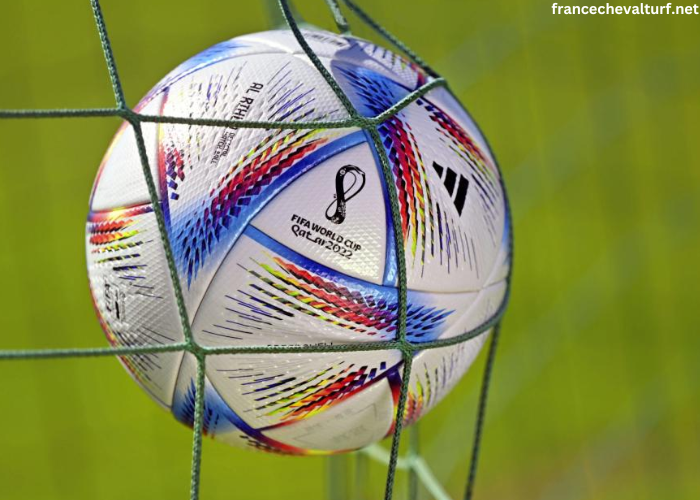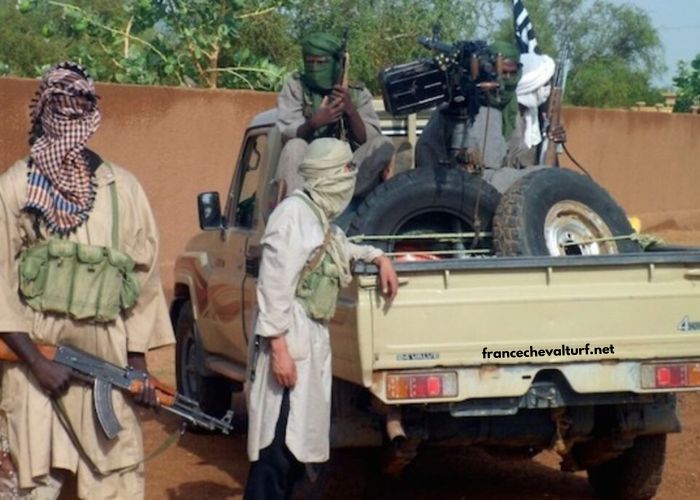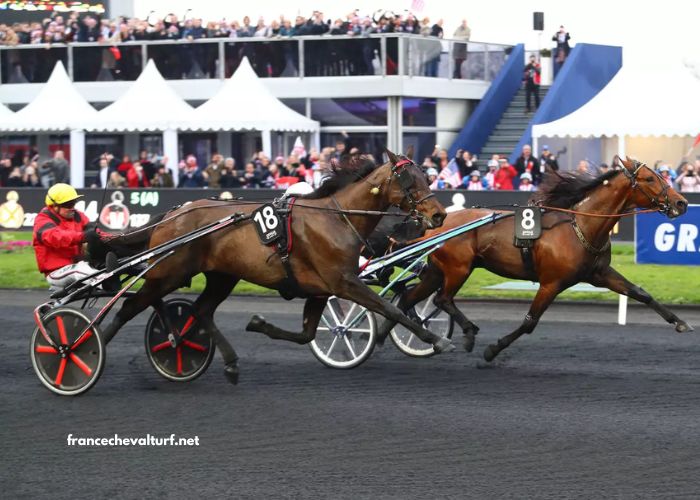The FIFA World Cup is one of the most anticipated sporting events in the world. Every four years, nations gather to compete for the prestigious title of world champion, and fans eagerly await the matches that will decide the fate of their favorite teams. The 2022 World Cup, held in Qatar, promises to be a unique and unforgettable tournament. This event stands out not only because of the location but also due to the shift from the traditional summer schedule to a winter timeline. In this guide, we will explore the full program of the 2022 World Cup, including key dates, match details, and the significance of this historic event.
The Unique Timing and Location of the 2022 World Cup
Unlike previous World Cups, which have typically been held during the summer months, the 2022 tournament was moved to November and December to avoid the extreme heat of Qatar’s summer. This change in timing has had a significant impact on the global football calendar, as many domestic leagues had to adjust their schedules to accommodate the tournament.
The decision to host the World Cup in Qatar also brought attention to the Middle East as a growing hub for international sports. Qatar, a small but wealthy nation, invested heavily in infrastructure, building state-of-the-art stadiums and facilities to host the tournament. The 2022 World Cup is the first to be held in the Arab world, marking a historic moment for the region.
The Group Stage: Key Dates and Matches
The group stage of the 2022 World Cup is where the excitement truly begins. With 32 teams divided into eight groups, each team will play three matches in a round-robin format. The top two teams from each group will advance to the knockout stage, making every match crucial.
The opening match of the tournament took place on November 20, 2022, at the Al Bayt Stadium in Al Khor, with the host nation Qatar facing Ecuador. This match set the tone for the tournament, drawing global attention to Qatar and the start of the competition.
Over the course of the group stage, fans were treated to some thrilling encounters. Traditional powerhouses like Brazil, Germany, and Argentina showcased their skills, while underdogs like Senegal, Japan, and Morocco fought to make their mark on the world stage. The group stage concluded on December 2, 2022, with the final matches determining which teams would advance to the knockout rounds.
The Knockout Stage: The Road to the Final
The knockout stage of the World Cup is where the drama intensifies. With no room for error, each match becomes a do-or-die situation for the teams involved. The round of 16 kicked off on December 3, 2022, with the winners of each group facing the runners-up from other groups. This stage of the tournament saw some of the most memorable moments, as teams battled for a spot in the quarterfinals.
The quarterfinals took place on December 9 and 10, 2022, with the remaining eight teams competing for a place in the semifinals. These matches were filled with tension, as the dreams of entire nations rested on the shoulders of their players.
The semifinals, held on December 13 and 14, 2022, determined which two teams would compete in the final. The semifinals are often regarded as the pinnacle of the tournament, as the remaining teams are just one step away from the ultimate prize. The semifinal matches showcased the highest level of football, with teams leaving everything on the field in pursuit of glory.
The tournament’s final took place on December 18, 2022, at the Lusail Iconic Stadium in Lusail, Qatar. This match was the culmination of years of preparation, hard work, and dedication by the players, coaches, and fans. The final not only decided the winner of the 2022 World Cup but also created lasting memories that will be cherished by football fans for generations.
The Stadiums: Venues of the 2022 World Cup
Qatar built eight state-of-the-art stadiums to host the 2022 World Cup, each with its unique design and features. These stadiums were designed to reflect the culture and heritage of Qatar while providing world-class facilities for players and fans alike.
The Al Bayt Stadium, with its tent-like structure, hosted the opening match and is a symbol of Qatar’s Bedouin heritage. The Lusail Iconic Stadium, the largest of the venues, was the site of the final and is a testament to Qatar’s vision for the future.
Other notable stadiums include the Al Janoub Stadium in Al Wakrah, designed by renowned architect Zaha Hadid, and the Education City Stadium, located in the heart of Qatar’s educational and research hub. These stadiums not only provided a stunning backdrop for the matches but also showcased Qatar’s commitment to sustainability, with several of them being built with eco-friendly materials and designed for long-term use after the tournament.
The Global Impact of the 2022 World Cup
The 2022 World Cup had a significant impact both on and off the field. The tournament brought together people from all corners of the globe, uniting them in their love for football. It also highlighted the growing influence of the Middle East in the world of sports, as Qatar successfully hosted one of the biggest events in the world.
In addition to the sporting spectacle, the 2022 World Cup raised important discussions about human rights, labor practices, and environmental sustainability. These issues were brought to the forefront in the lead-up to the tournament, prompting global conversations about the responsibilities of host nations and the future of mega sporting events.
Despite the challenges and controversies, the 2022 World Cup left a lasting legacy. The tournament showcased the power of football to bring people together, transcend borders, and create unforgettable memories. It also demonstrated the potential of the Middle East as a destination for major international events, paving the way for future opportunities in the region.
Conclusion
The 2022 World Cup in Qatar was a tournament like no other. From the unique timing and location to the world-class stadiums and thrilling matches, the event captivated the world and delivered unforgettable moments. As the tournament came to a close, fans and players alike reflected on the significance of the event and the memories it created.
The programme of the 2022 World Cup was meticulously planned and executed, ensuring that fans had the opportunity to witness the best football the world has to offer. Whether you were cheering for your favorite team, enjoying the spectacle of the matches, or simply taking in the cultural experience of Qatar, the 2022 World Cup was a once-in-a-lifetime event.
As we look back on the tournament, it’s clear that the 2022 World Cup will be remembered as a milestone in the history of football. The event not only showcased the sport’s global appeal but also highlighted the power of sports to inspire, unite, and create lasting change. The legacy of the 2022 World Cup will continue to influence the world of football and beyond for years to come.




